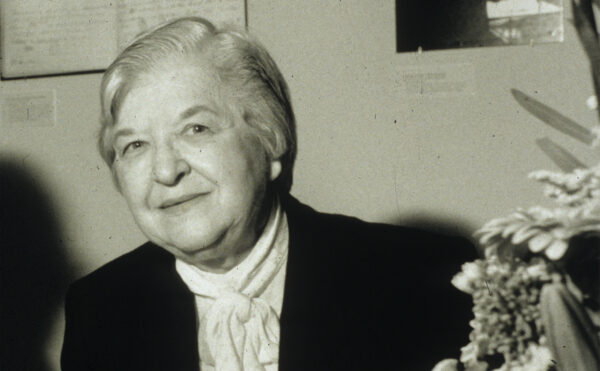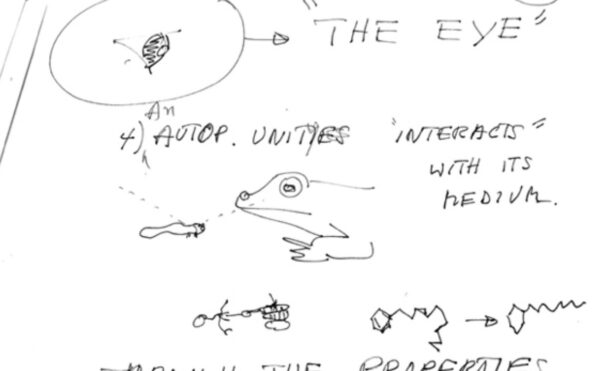The GLP-1 Revolution: From Diabetes and Obesity to Alzheimer’s and PCOS

GLP-1 agonists have soared in popularity thanks to their powerful efficacy in diabetes and obesity. Accordingly, the scientific community has taken an interest in studying other potential uses for these drugs, possibly including PCOS, Alzheimer’s, Parkinson’s addiction, liver disease, and even some types of cancer.
This panel will focus on where the research stands and how scientists and drugmakers are discovering an increasingly broad list of applications for these drugs—and learning more about their limitations along the way.
This event is coproduced by the American Chemical Society as part of its ACS Webinars series.
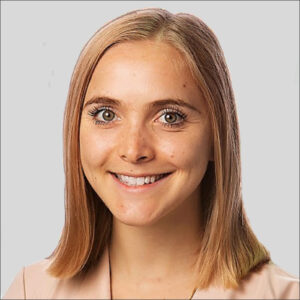
About the Moderator
Caroline Hopkins is a Brooklyn-based journalist who covers science, health, and medicine for outlets including The New York Times, NBC News, Precision Oncology News, GenomeWeb, Vox, National Geographic, and more. She holds a master’s degree in journalism from Columbia University and a bachelor’s degree in English from Boston College.
About the Panelists
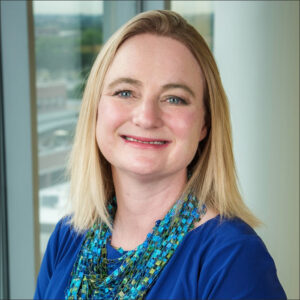
Melanie G. Cree is a physician scientist, pediatric endocrinologist, and associate professor at the University of Colorado Anschutz and Children’s Hospital Colorado. She is interested in disorders of insulin resistance that have an impact on the reproductive axis and cardiometabolic health. She utilizes non-invasive yet powerful techniques including stable isotope tracers, magnetic resonance spectroscopy, and metabolomics to probe physiology in at-risk-youth. She is currently conducting several interventional clinical trials in adolescents with PCOS with the goal of reversing early cardiometabolic disease. She is also the founder and director of the Children’s Hospital multidisciplinary clinic and a founder and former chair of the Pediatric Endocrine Society PCOS special interest group.
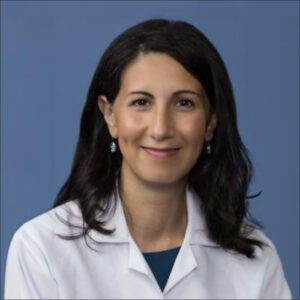
Leila Parand is an assistant clinical professor of neurology at the University of California, Los Angeles. She is a fellowship-trained behavioral neurologist with research experience in genetics, neuropathology, and neuropsychiatric symptoms in dementia. She provides care in the UCLA Memory Clinic and clinical research expertise in the Kagan Clinical Trials Program.
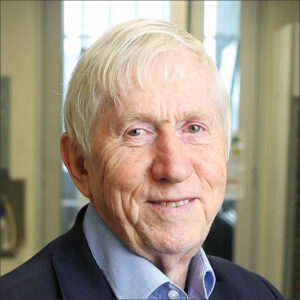
Richard Wyse is the director of research and development at the Cure Parkinson’s Trust, where he oversees preclinical and clinical research. Wyse is the visionary behind the International Linked Clinical Trials (LCT) program, which aims to prioritize potential disease-modifying compounds for Parkinson’s treatment. Through the LCT program, Wyse and his team annually evaluate dossier submissions to identify promising candidates for clinical trials, spanning the United States, Australia, the United Kingdom, and mainland Europe. His dedicated involvement in trial design has facilitated the advancement of six LCT drugs into clinical trials in the UK, marking significant progress in the quest to alleviate Parkinson’s disease worldwide. Wyse was named to King Charles III’s New Year Honours List for 2024.
About the Series
The Joseph Priestley Society (JPS) promotes a deeper understanding of science, technology, and industry, with an emphasis on innovation and entrepreneurship. Speakers are leaders from a wide variety of large and small chemical companies and the financial, consulting, and academic communities.
For more information about this event, please contact jps@sciencehistory.org.
Featured image: GLP-1 agonists. Courtesy Medpage Today
More events
Women in Chemistry Tour
Drop in for a tour highlighting the central role of women in shaping chemistry and the material sciences throughout history.
Stories of Science: Celebrating Women’s History
Join us in our museum EVERY SATURDAY for a family-friendly program that highlights strange and surprising stories from the history of science!
What Frogs and Octopuses Know (That ChatGPT Doesn’t)
Won Jeon shows how AI produces convincing language while lacking the situational awareness that powers the communication of living organisms.


